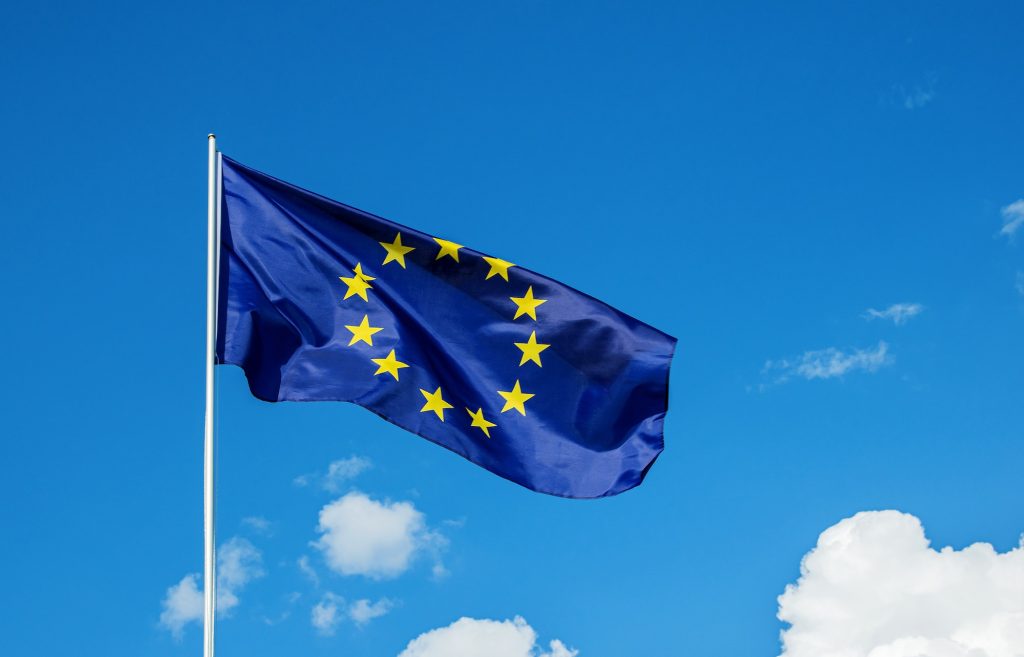EU concerned about deepfakes in elections
With concerns over AI-generated manipulation rising, the EU urges tech platforms to take proactive measures to safeguard the integrity of democratic processes.

European Union officials have expressed growing concerns over the emergence of deepfakes in member nations’ elections, highlighting the potential dangers of AI interference. European Commission Vice President Vera Jourova cautioned that the ease of creating deepfakes, with just 30 minutes required, could undermine the fairness of elections if extensively utilised.
In response, the EU has issued guidelines urging major tech platforms to take proactive steps, such as labelling or removing content, to mitigate online risks, including deepfakes. Failure to comply with these measures before the looming European Parliament elections could result in significant fines under the Digital Services Act (DSA).
The EU aims to combat misinformation, foreign manipulation, and AI-generated fake images by emphasising the importance of platforms assessing risks, moderating content, promoting official information, and clearly labelling political ads.
Why does it matter?
The escalating use of deepfakes, driven by advanced AI, raises alarming concerns in what’s shaping up to be a pivotal year in politics. The potential for such technology to sway elections is exemplified by a recent incident in Slovakia, where a deepfake audio recording falsely implicating a political leader in election rigging was circulated just days before the general election.
